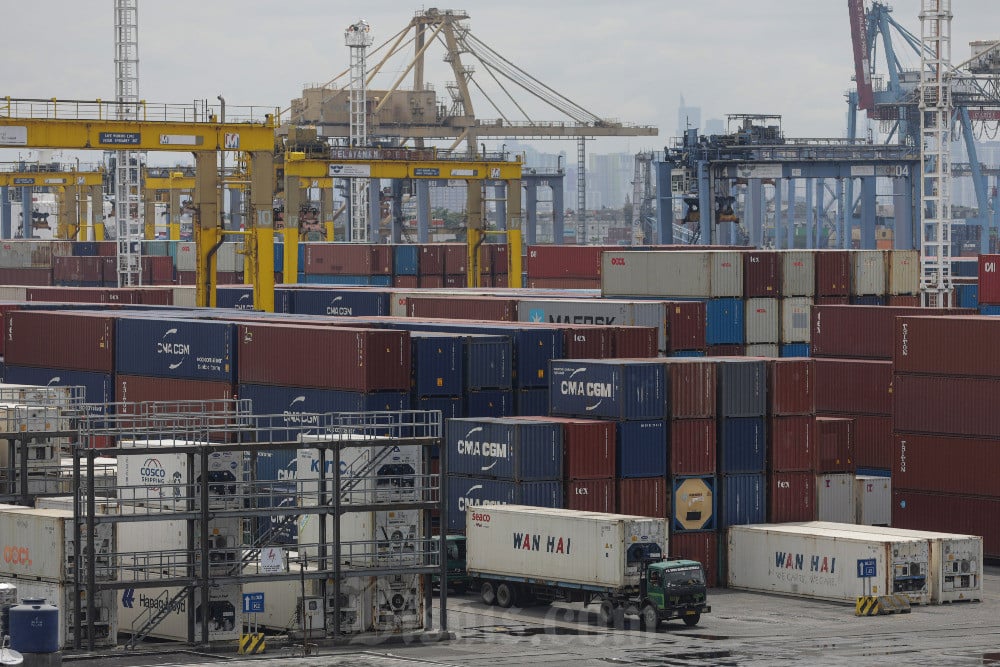
The textile and textile products (TPT) industry has once again spoken out, urging the government to immediately crack down on smuggling practices, estimated at 28,000 containers per year. The Chairman of the Indonesian Fiber and Filament Yarn Producers Association (APSyFI), Redma Gita Wirawata, reiterated his support for Finance Minister Purbaya Yudhi Sadewa, who recently committed to cracking down on illegal imports.
Redma explained that the textile sector has championed the initiative to eradicate illegal imports for the past three years, but has consistently failed due to the alleged involvement of officials and politicians. Data from tradmap.org even shows that approximately US$1.5–2 billion in textile and textile imports from China are not recorded at Customs each year, equivalent to 28,000 containers of illegal goods.
He believes the Minister of Finance's statement is a breath of fresh air for the industry, especially after the previous government appointed a Director General of Customs from the military as a bureaucratic reform measure. However, textile entrepreneurs still face significant controversy regarding import quotas.
Redma revealed that his office is communicating with the Ministry of Industry to ensure more realistic supply-demand calculations so that import quotas do not put pressure on local producers. However, doubts remain among the Alumni Corps of the Indonesian Islamic Students Association (KAHMI), who suspect import mafia practices in determining the quotas. They believe the limited capacity of local producers used as the basis for granting the quotas is not entirely valid, as many companies have actually closed down and laid off employees due to the influx of imported products.
Similar concerns were also voiced by the Alumni Association of the Textile Technology Institute (IKA Tekstil) and the Association of Creative Garment Entrepreneurs (IPKB). They stated that many of their members have gone bankrupt due to the onslaught of imported goods. IPKB even requested that the apparel import quota not exceed 50,000 tons per year, considering that national garment production capacity has already reached 2.8 million tons. They also urged the Ministry of Industry to be more transparent in calculating market demand and determining companies receiving import quotas.
With these various demands, the textile industry hopes that the government's commitment will be truly realized, so that the sustainability of this labor-intensive sector can be maintained amidst the pressure of illegal imports and the still-controversial quota policy.
